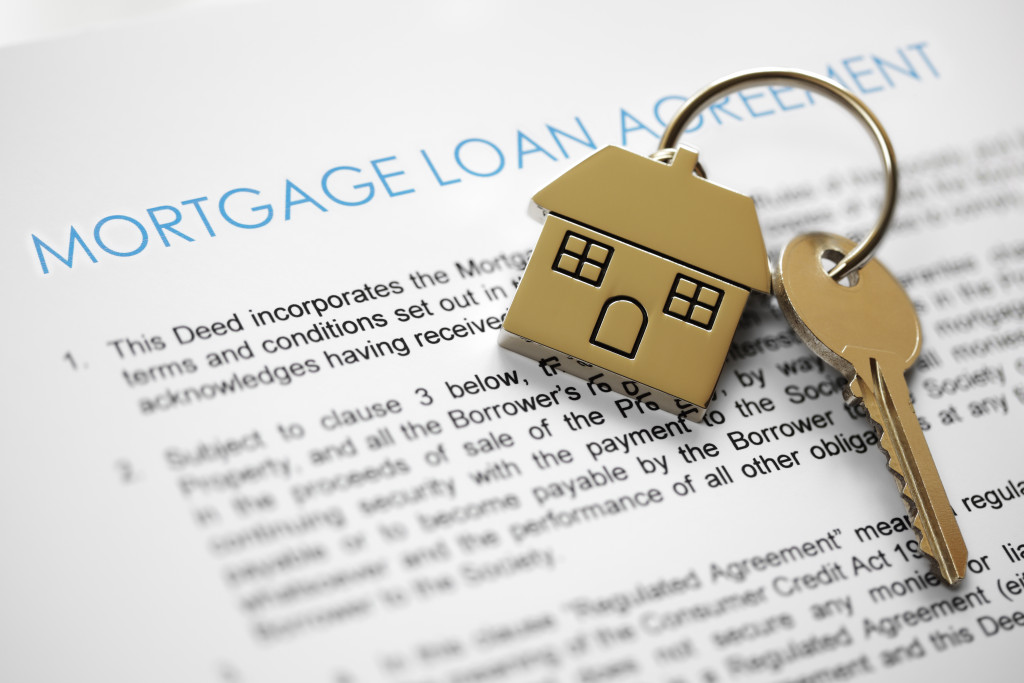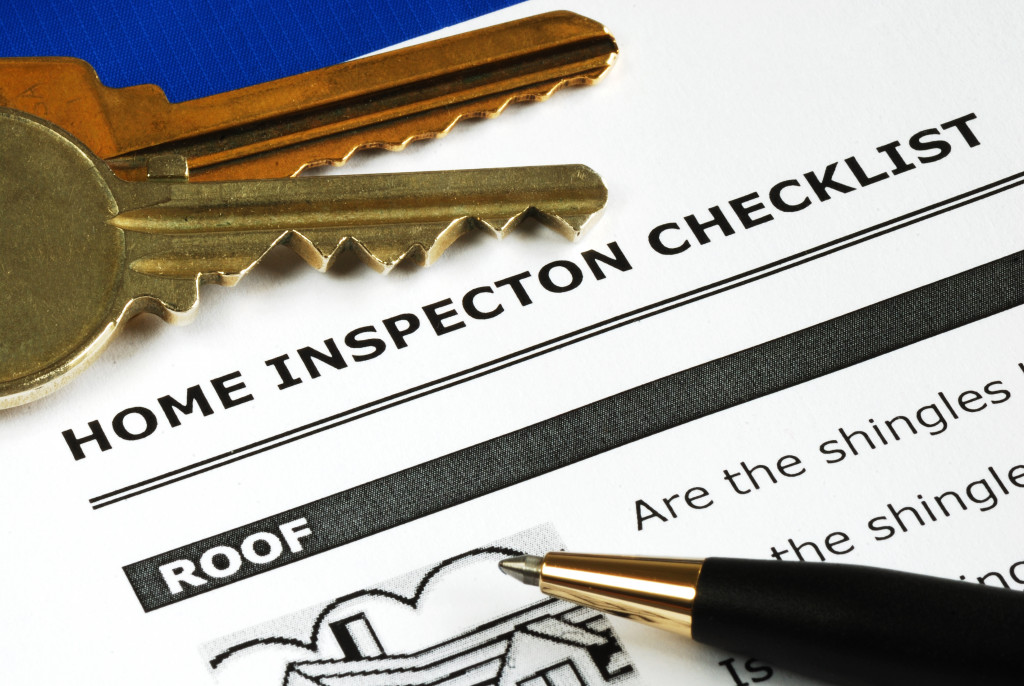- Determine your budget before you start looking for homes.
- Get pre-approved for a mortgage to determine how much you can borrow and the interest rates you qualify for.
- Consider the location, size, style and condition of the home when choosing the right house and land.
- Hire a professional inspector to examine the property and identify any hidden issues.
- Consider long-term goals and potential resale value, rental income and improvement opportunities when investing in your first home.
Buying your first home is a significant milestone in your life. It can be exciting and overwhelming at the same time. Investing in your first home is a significant financial decision, and making the right choices is crucial to ensure your investment is worthwhile. This guide will provide five tips to help you successfully invest in your first home.
1. Determine Your Budget
Before you start looking for homes, you need to determine how much you can afford to spend. Creating a budget will help you narrow down your options and prevent you from overspending. Consider your income, expenses, and other financial obligations when determining your budget.
When you have a budget, you can look for homes within your price range. Don’t forget to factor in additional costs such as closing, property taxes, and maintenance fees. A clear budget will help you decide when to choose the right home.
2. Get Pre-Approved for a Mortgage

Getting pre-approved for a mortgage is crucial in investing in your first home. It will help you determine how much you can borrow and the interest rates you qualify for. Pre-approval will also help you negotiate with sellers and give you an edge over other potential buyers.
To get pre-approved for a mortgage, you must provide your lender with financial information such as income, debt, and credit score. It’s important to note that pre-approval doesn’t guarantee you’ll get a mortgage, but it’s an excellent indication of what you can afford.
3. Find the Right House and Land
Finding the best house and land is the most crucial step in investing in your first home. The right house and land will ensure that your investment yields the best returns in the long run.
Consider factors such as location, available amenities, safety and security, access to public transportation, and the prevailing housing market conditions. It is also important to consider if any renovations or repairs are needed before you can move in.
4. Hire a Professional Inspector
Before you finalize the purchase of your first home, hiring a professional inspector to examine the property is crucial. An inspector can identify any hidden issues that may not be immediately apparent to you, such as plumbing or electrical problems.
Here are the benefits of hiring a professional inspector:
Comprehensive Inspection
A professional inspector will thoroughly inspect the property, checking all major components, including the roof, walls, foundation, electrical systems, plumbing, and HVAC system. They will also check for any signs of pest infestation or water damage. By inspecting each area carefully and methodically, the inspector can give you valuable insight into the property’s condition.
Peace of Mind
Hiring a professional inspector gives you peace of mind that you’re making an informed decision about your purchase. Knowing that potential issues have been identified and addressed before signing on the dotted line allows buyers to move ahead confidently.
Expert Advice

A professional inspector can advise you on how to address best any issues they find and provide options for addressing them promptly. This helps keep the purchase process running smoothly and ensures any problems are addressed before closing.
Money Saving Tips
Finally, an inspector may be able to provide you with money-saving tips. If they find any repairs that need to be made, they can often suggest ways to save on materials or labor costs. They may also be able to suggest ways to improve the energy efficiency of your new home and reduce your long-term energy bills. By taking advantage of these money-saving tips, you can often save yourself a considerable amount of money in the long run.
5. Consider the Future
When investing in your first home, thinking about the future is essential. Consider factors such as the resale value of the property, potential rental income, and the potential for renovation and improvement.
Think about your long-term goals and how your first home fits into them. It’s crucial to choose a home that will meet your needs not just now but also in the future. You may need to compromise on some features to ensure your investment is smart.
Closing Thoughts
Investing in your first home is a significant financial decision that requires careful consideration. By following these five tips, you’ll be well on your way to making a smart investment that will meet your needs now and in the future. Remember to determine your budget, get pre-approved for a mortgage, find the right house and land, hire a professional inspector, and consider the future. With these tips in mind, you’ll be ready to invest in your first home confidently.

